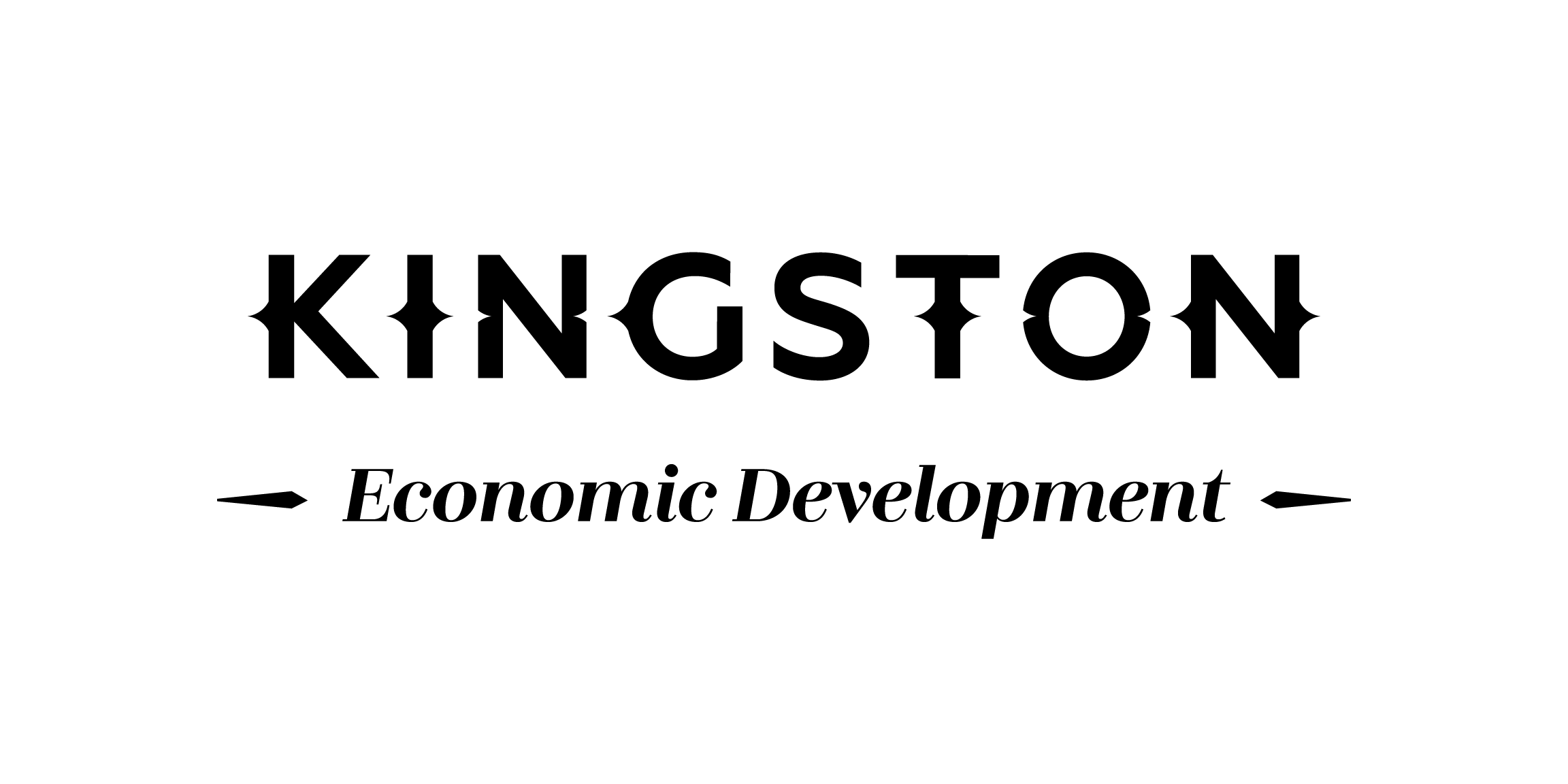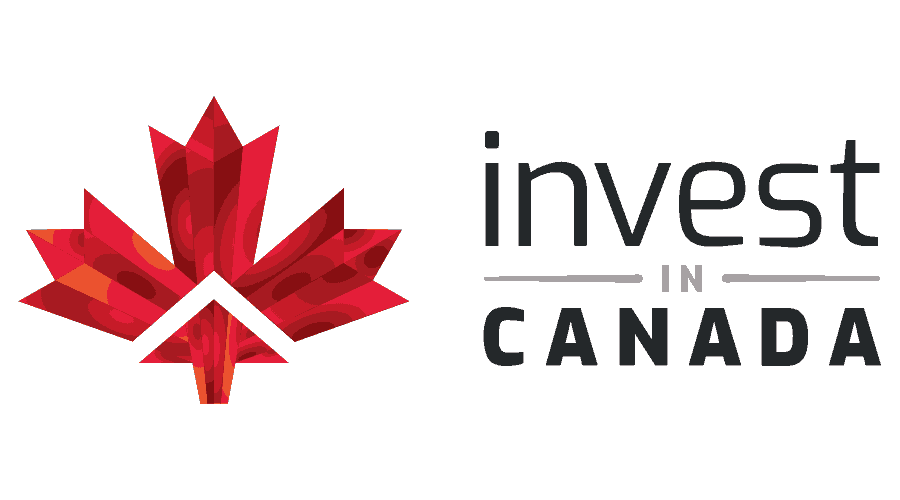
empower
Sell Your Business
Kingston Economic Development’s exclusive business transition services, designed to empower entrepreneurs considering the transition of their business ownership through sale or succession.
At Kingston Economic Development, we understand the challenges that can arise during the succession planning process. We’re here to help you tackle the most common obstacles head-on, ensuring a smooth and efficient transition for your business. Our services addresses key concerns such as:
// Finding a Suitable Buyer: We’ll guide you through the process of identifying potential buyers who align with your business exit strategy.
// Business Valuation: Determining the true value of your business is crucial for a successful transition. Discover how experts assess value, and what methods are right for your industry sector.
// Build the Value of your Business: Many businesses heavily rely on their owners for day-to-day operations. We’ll assist you in implementing strategies to empower your team, streamline processes, and reduce dependency, setting the stage for a seamless transition, and maximum value.
How to sell a business successfully?
Selling a business can be a complex and daunting task, but with careful planning and execution, it can also be a rewarding endeavor. Whether you’re retiring, pursuing new opportunities, or simply looking to move on, understanding the process of selling a business is crucial.
Before putting your business on the market, it’s important to make it as attractive as possible to potential buyers. Consider the following steps:
// Financial documentation: ensure your financial records are accurate, up-to-date, and well-organized. This includes balance sheets, profit and loss statements, tax returns and any other relevant financial documents.
// Improve profitability: enhance your business’ profitability by focusing on cost reduction, increasing revenue streams and streamlining operations. Buyers are more likely to pay a premium for a business with a strong bottom line.
// Clean up your assets: review your physical assets, inventory and equipment. Get rid of any unnecessary items and ensure everything is in good working condition.
// Legal and contractual obligations: resolve any pending legal or contractual issues, including leases, permits, licenses and contracts. Ensure all necessary agreements are transferable to the new owner.
Accurately valuing your business is crucial for a successful sale. Consider the following valuation methods:
// Financial statements: review your financial records to assess your business’ profitability, growth potential and future cash flow projections.
// Comparable sales: research recent sales of similar businesses in your industry to get a sense of their market value.
// Asset valuation: evaluate the worth of your tangible and intangible assets, including inventory, equipment, intellectual property, customer base and goodwill.
// Seek professional help: engage the services of a business appraiser or a qualified accountant to obtain an unbiased valuation. Show a strong bottom-line for the last three years, avoid tax minimization or expensing items that should be amortized. You will reap the benefit on the selling price.
To attract potential buyers, you need an effective marketing strategy. Consider the following steps:
// Develop marketing materials: prepare a business prospectus or deck, and a confidentiality agreement to share with potential buyers.
// Identify your target audience: determine the ideal buyer profile based on industry, experience, financial capabilities and synergistic opportunities. 80% of small businesses are sold to someone who already knows the business.
// Utilize multiple channels: advertise your business on online platforms, industry-specific publications and engage the services of a business broker to expand your reach.
// Maintain confidentiality: protect your business’s sensitive information by requiring signed confidentiality agreements (NDAs) from potential buyers before sharing detailed information.
Once you have attracted potential buyers, it’s time to negotiate the sale. Consider the following tips:
// Establish realistic expectations: be prepared to negotiate on price, terms and conditions. Remain flexible to find a mutually beneficial agreement.
// Engage professionals: seek the assistance of a business broker, attorney or accountant who specializes in business sales. They can provide guidance, handle negotiations and ensure legal and financial aspects are appropriately addressed.
// Due diligence: Facilitate the due diligence process by providing all necessary documentation and access to key information about your business.
// Structure the deal: determine the structure of the sale, whether it’s an asset sale or a share sale and work with professionals to draft the purchase agreement and any other relevant legal documents.

Contact Rob Tamblyn
Business Development Manager,
Small & Medium Enterprises
613-544-2725 x 7261
Cell: 613-540-1843
tamblyn@investkingston.ca
Resources
Entrepreneurs need to plan their business transition well in advance to get top dollar value for their companies when they sell. BDC surveyed over 2,500 entrepreneurs to find out how well prepared they are to sell their businesses, their attitudes towards growth and risk, and why it’s important for them to make their businesses more attractive to buyers.
The OINP Entrepreneur Success Initiative is offered by TBDC to help prospective immigrant entrepreneurs identify business opportunities in Ontario. Through the ESI, TBDC also helps connect Ontario business owners who are looking to sell their companies to experienced international entrepreneurs.







